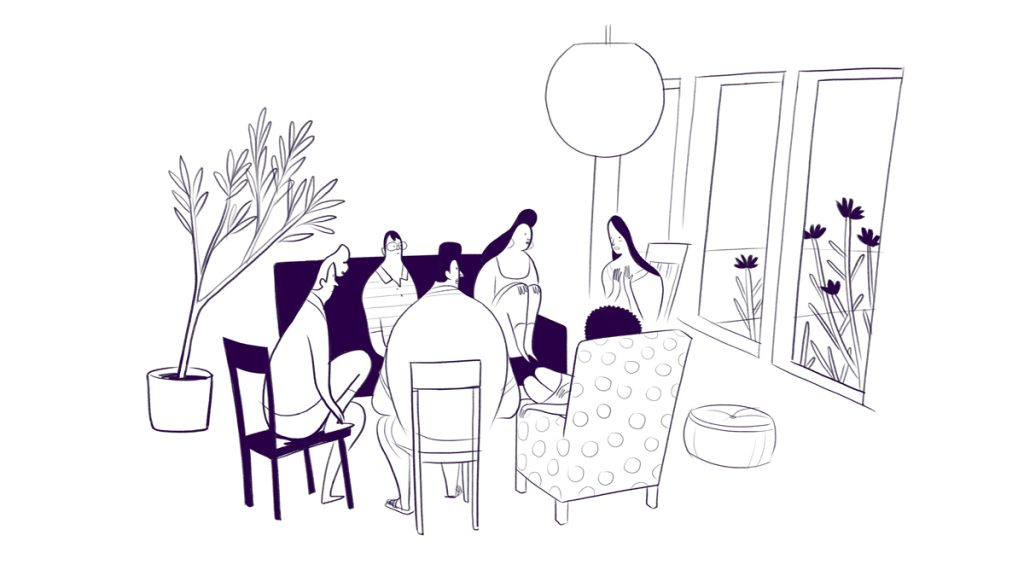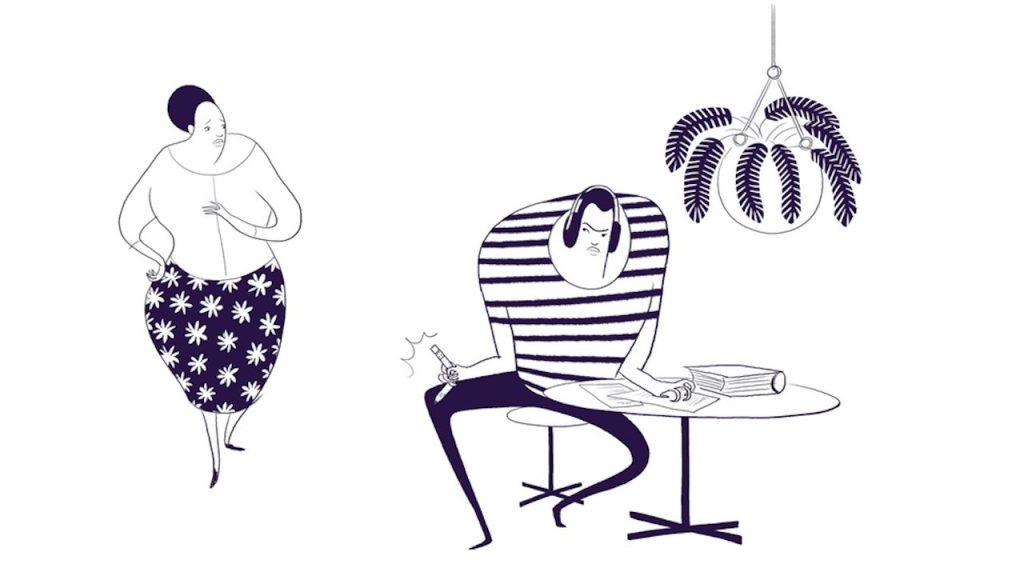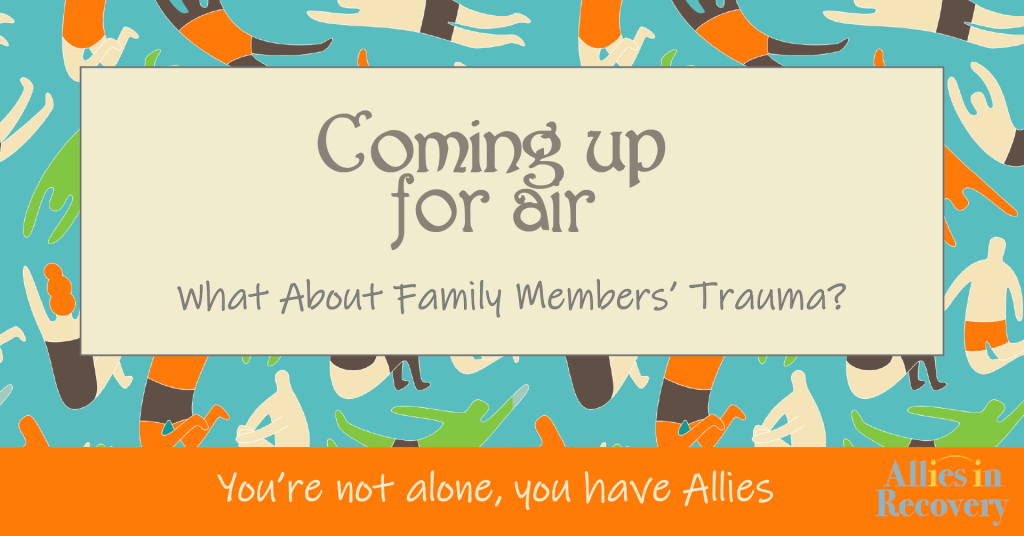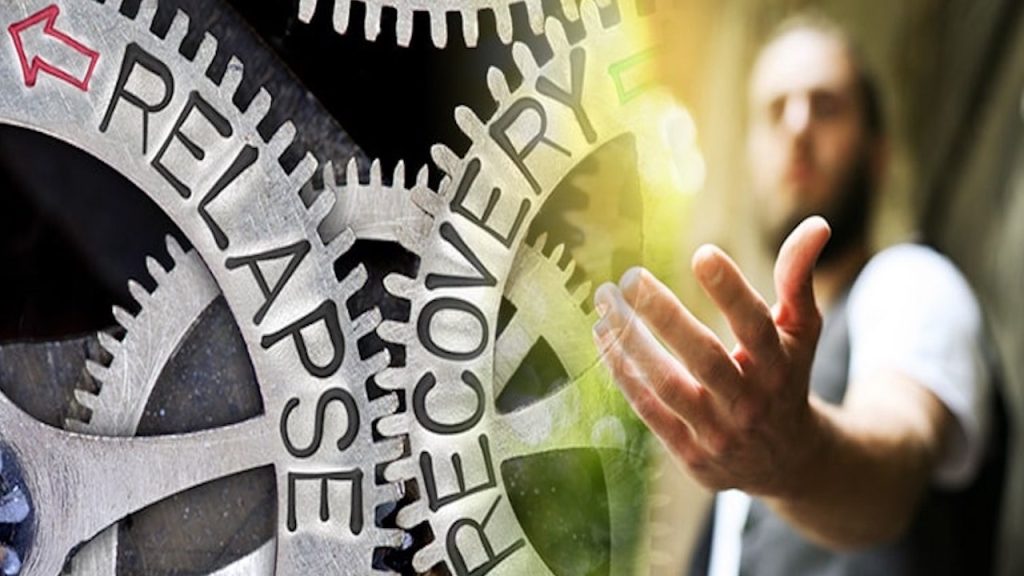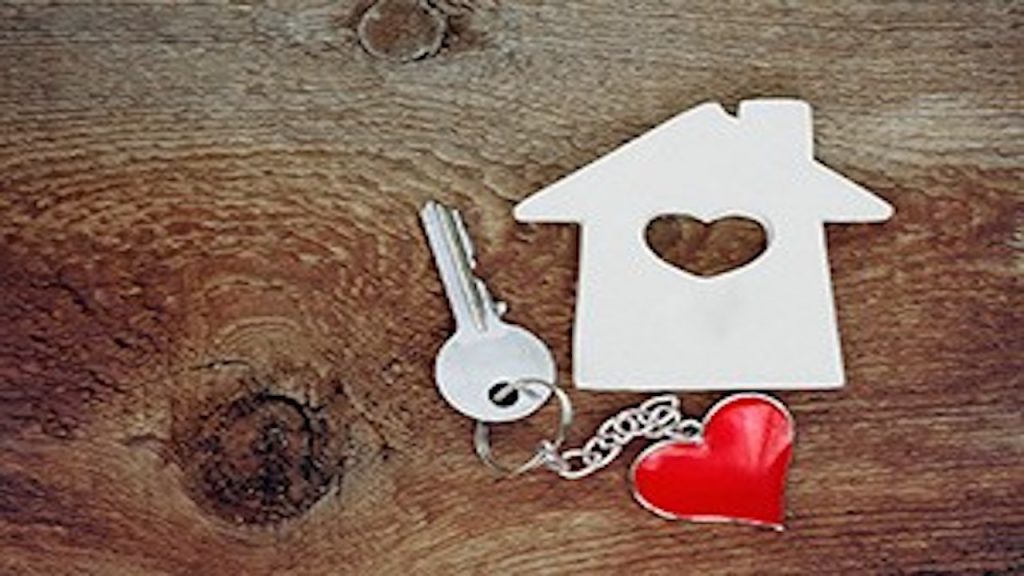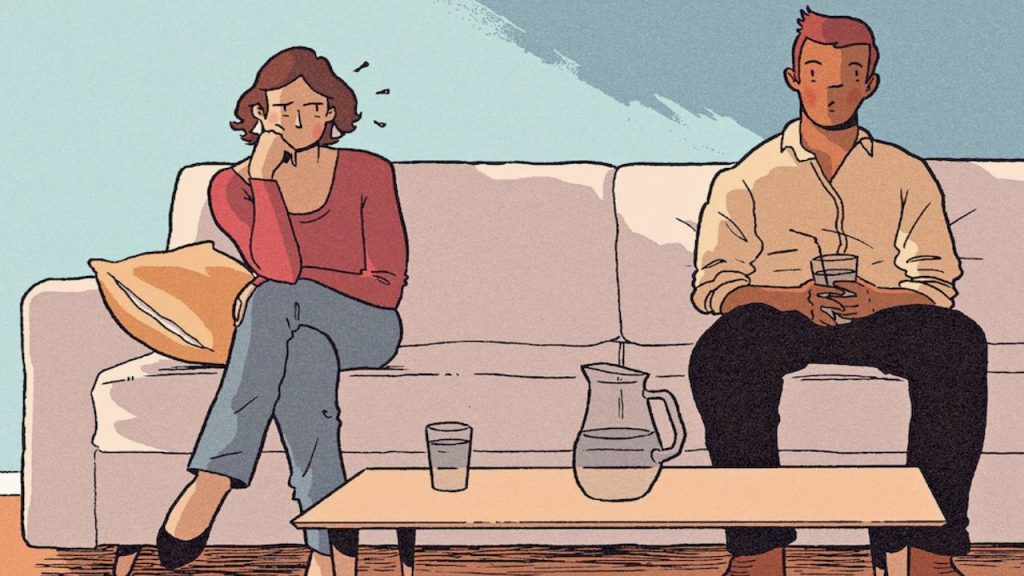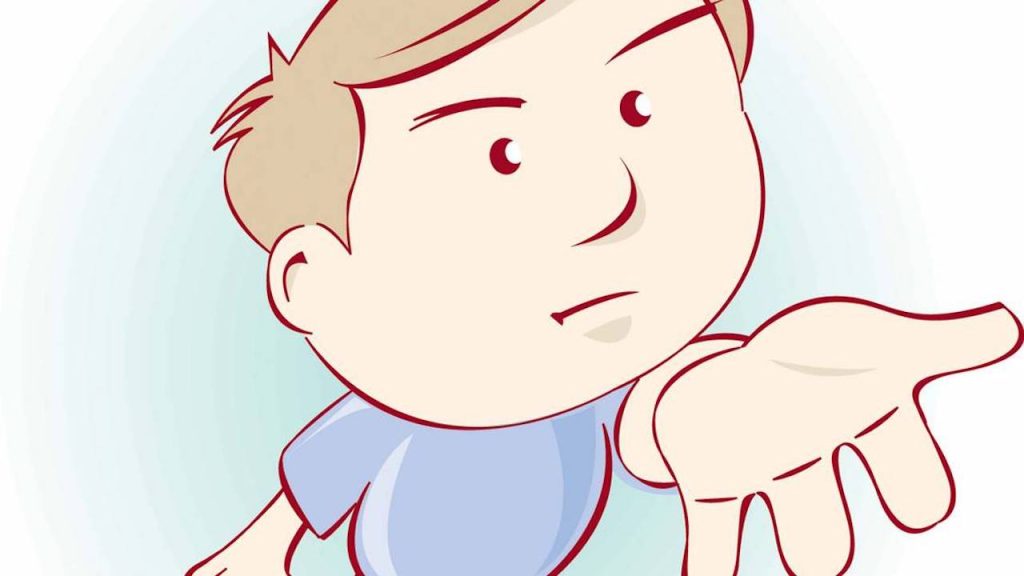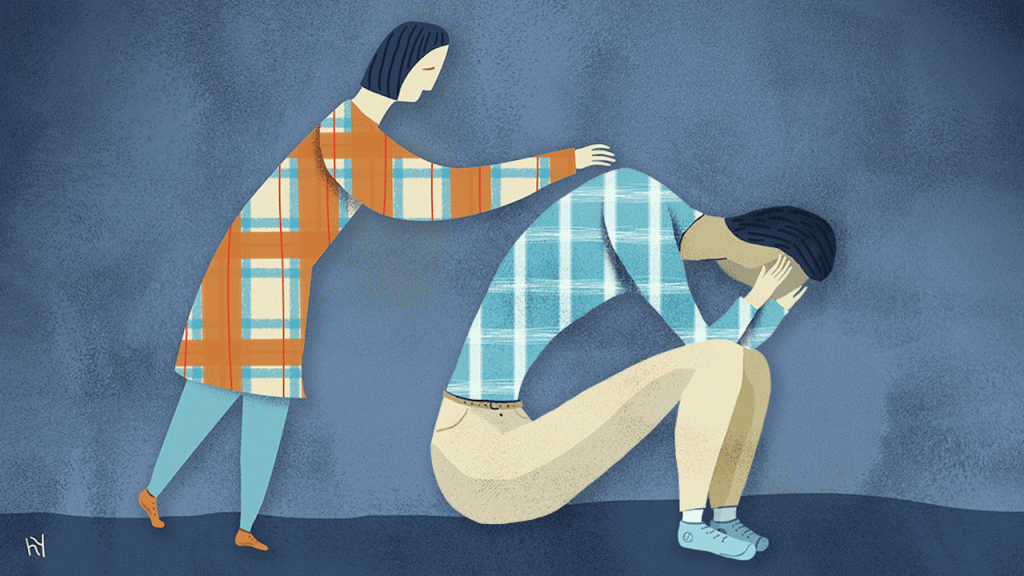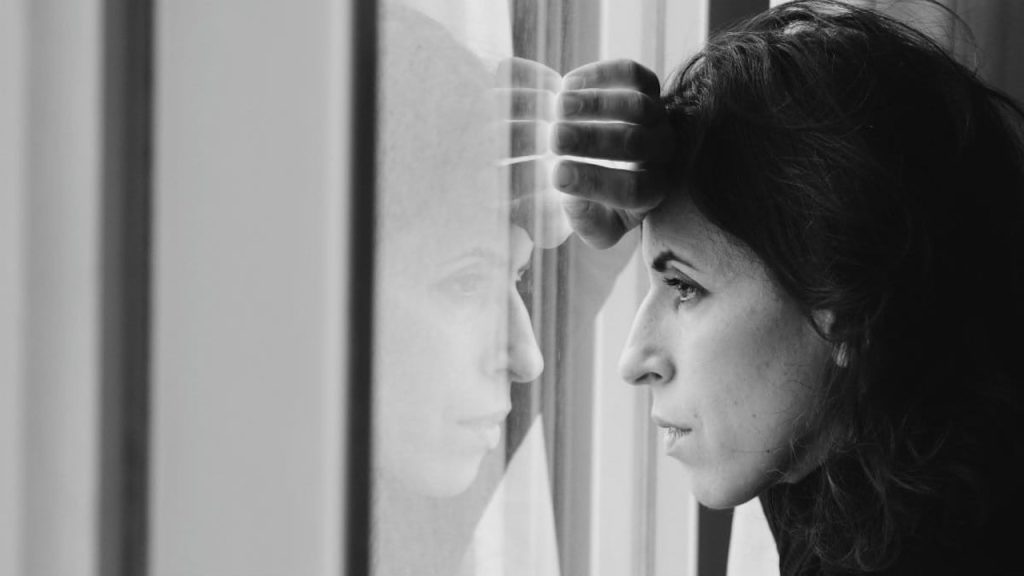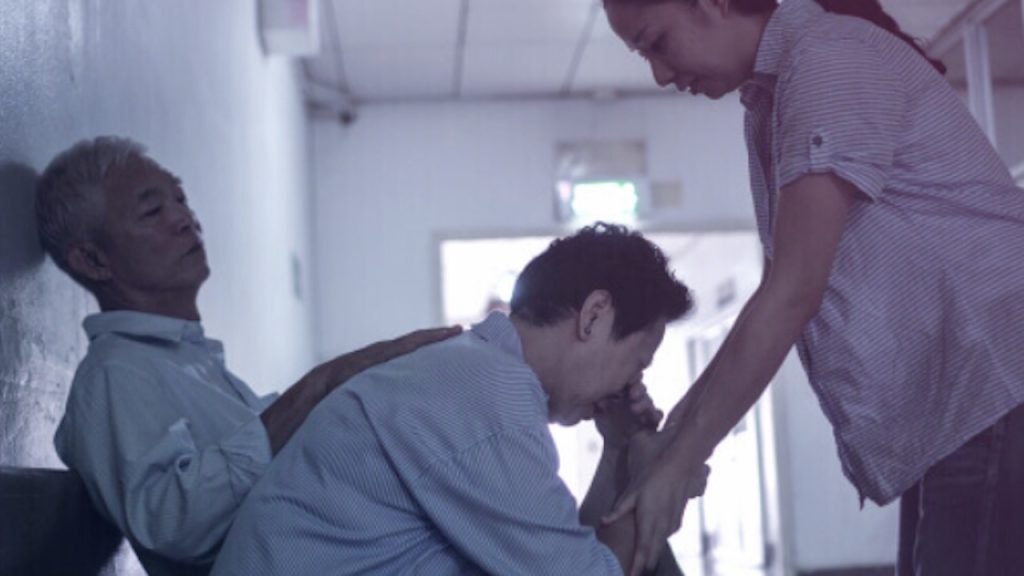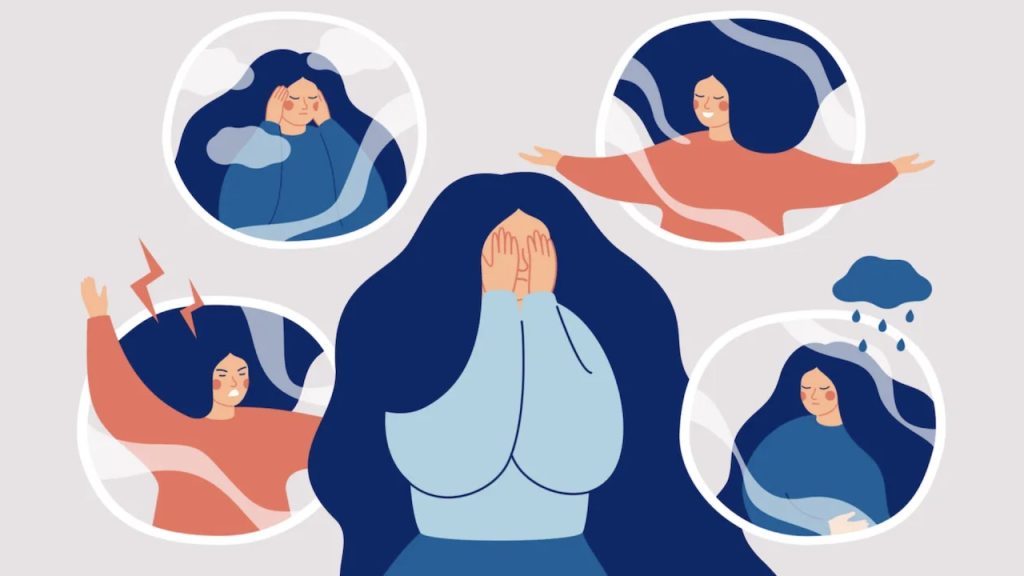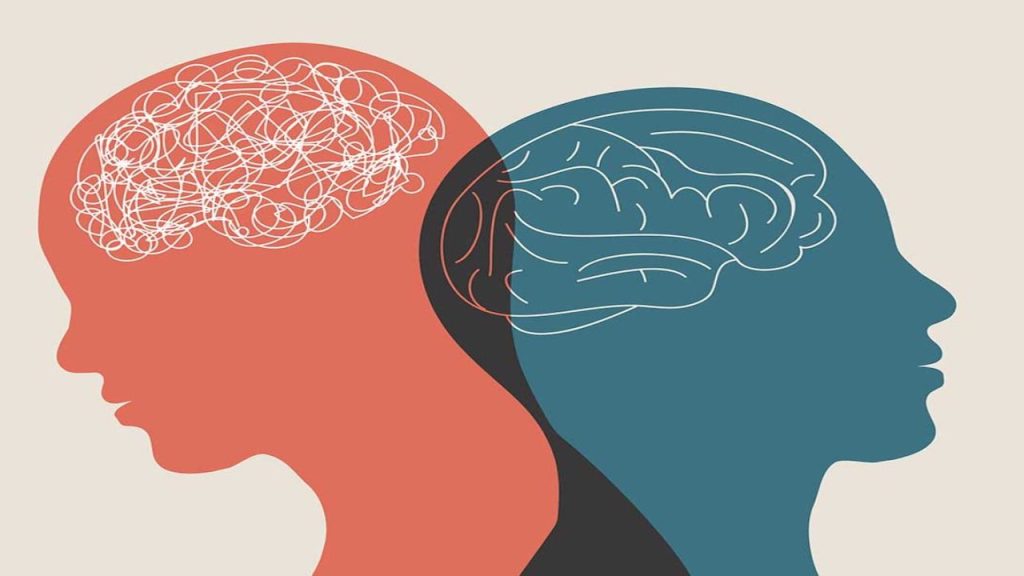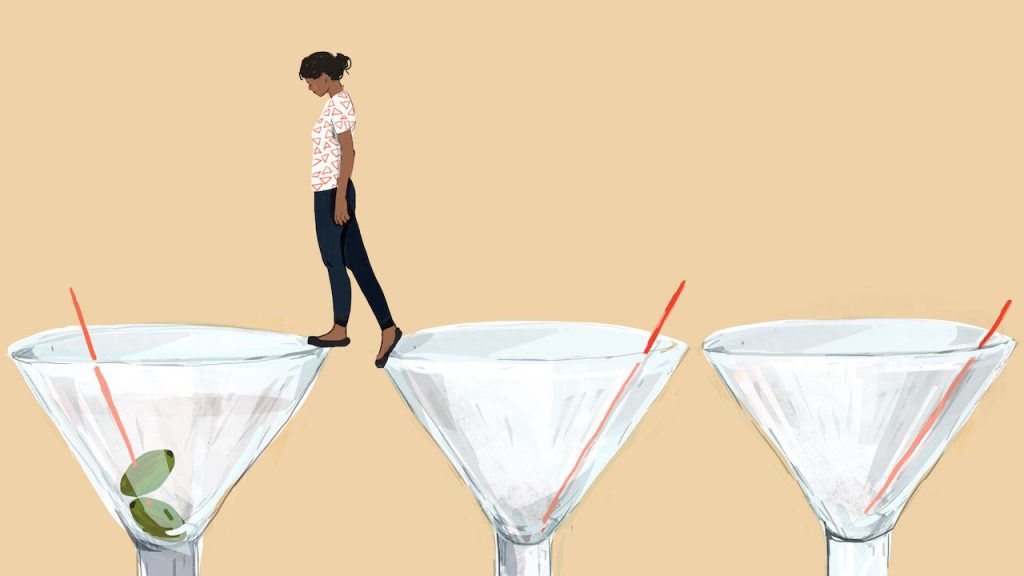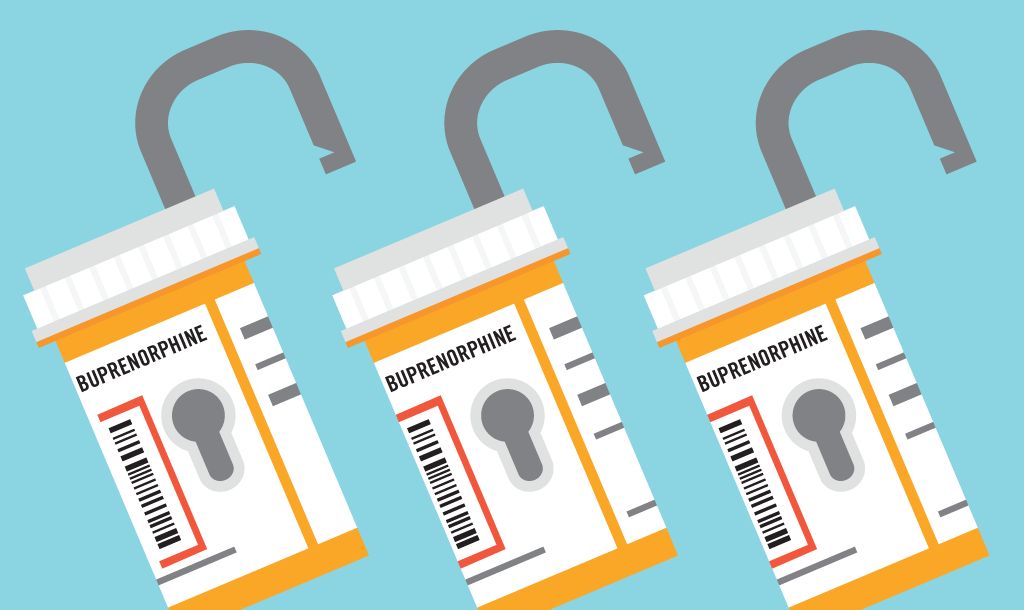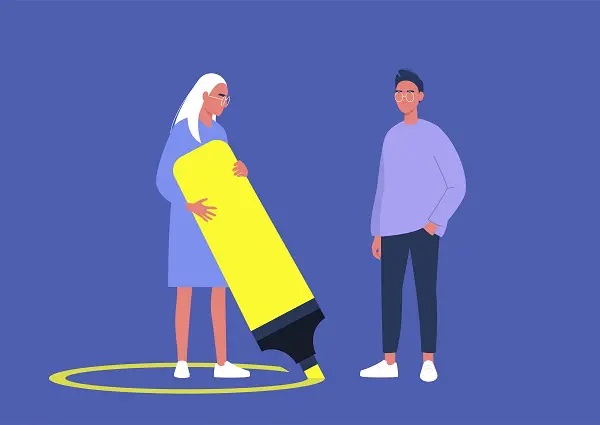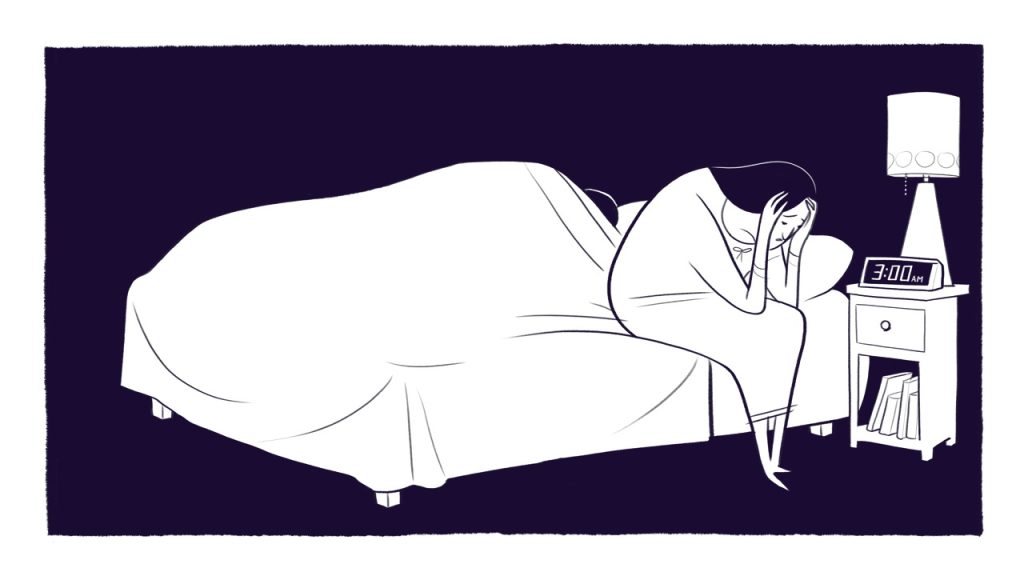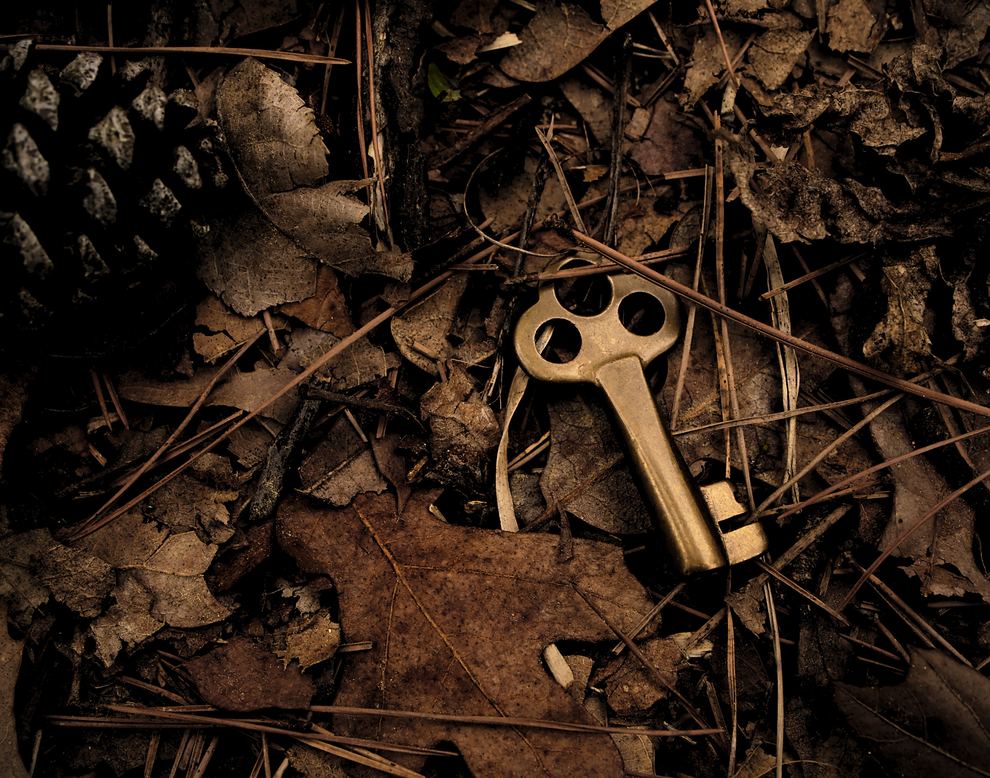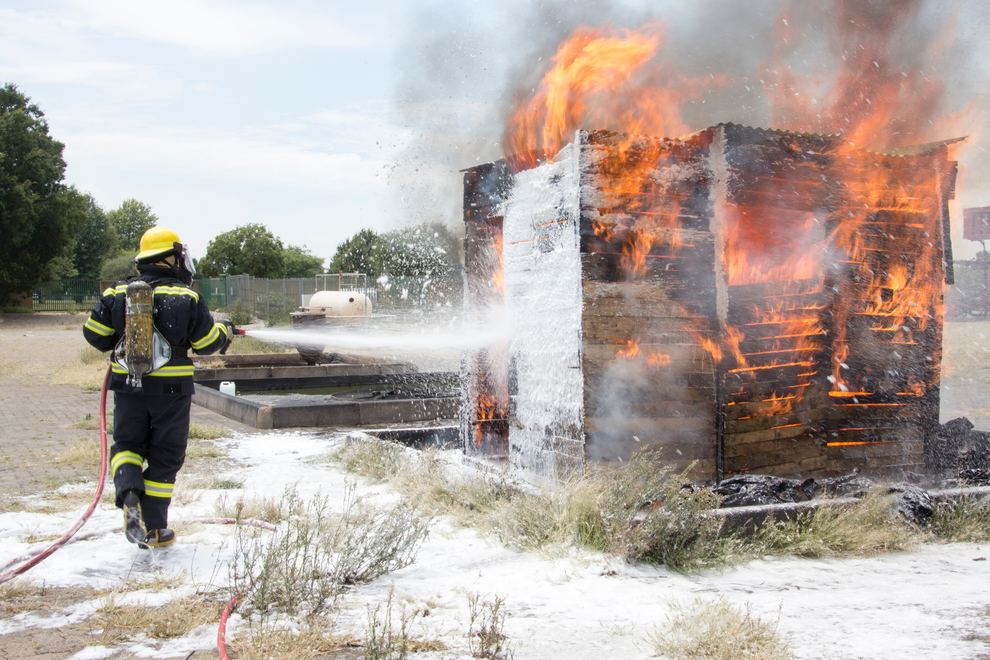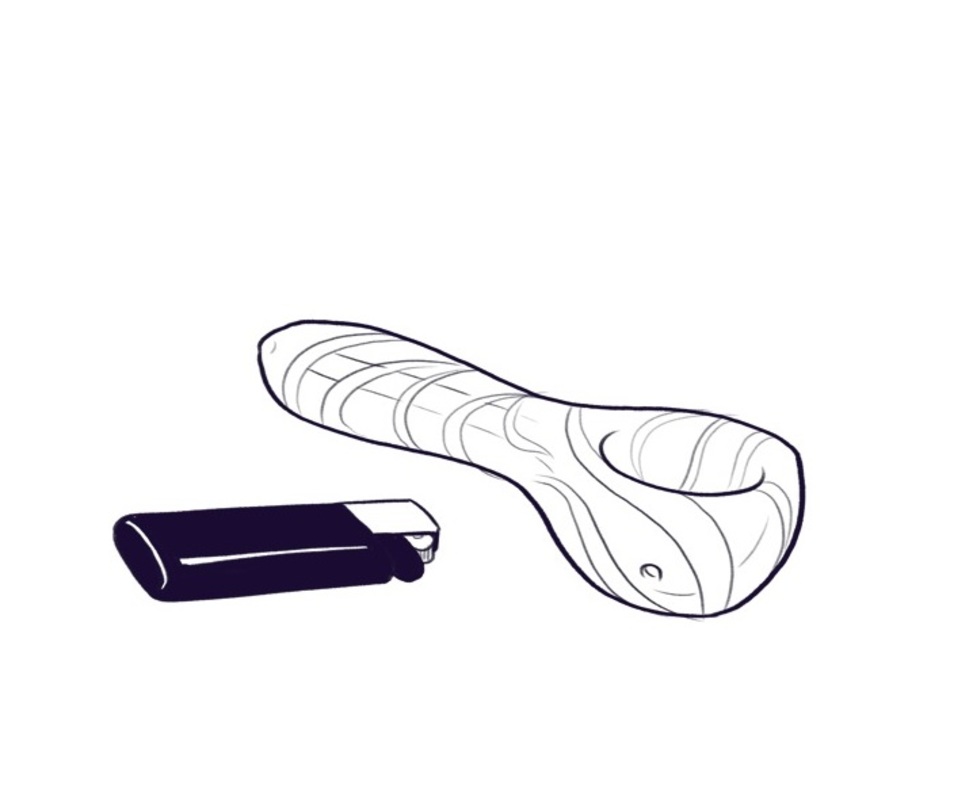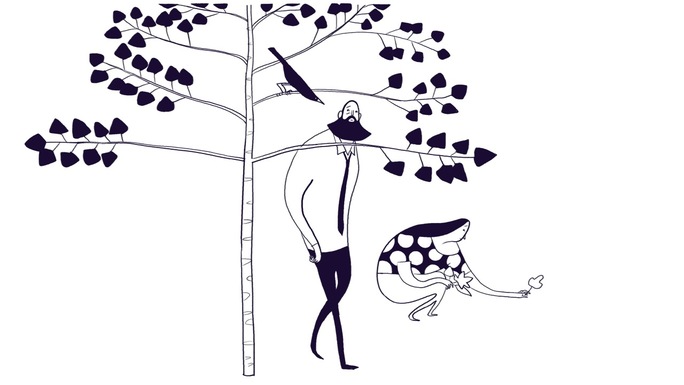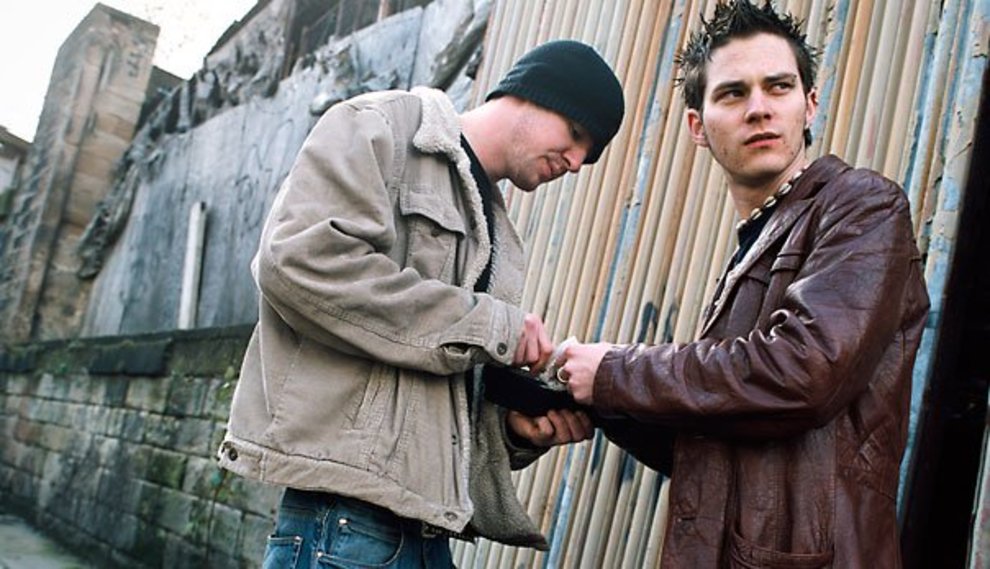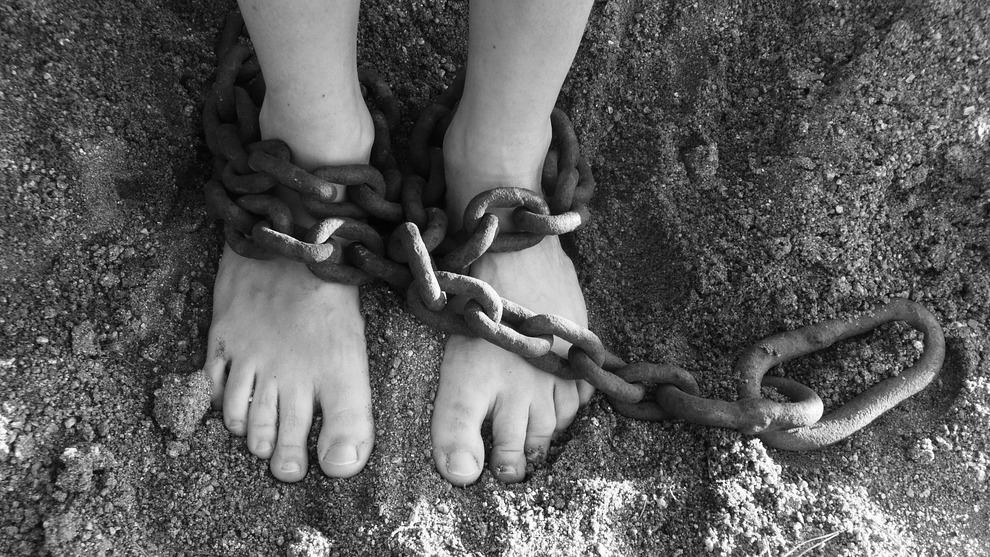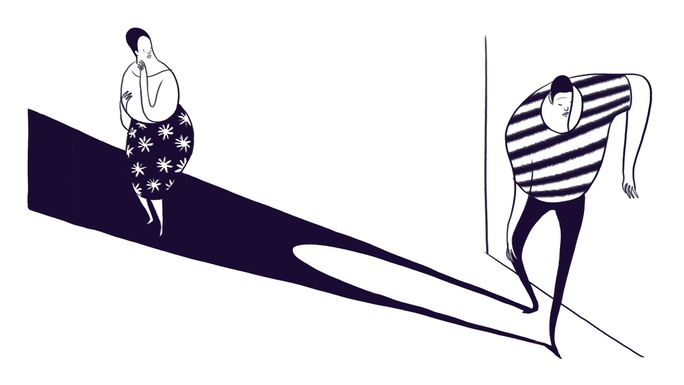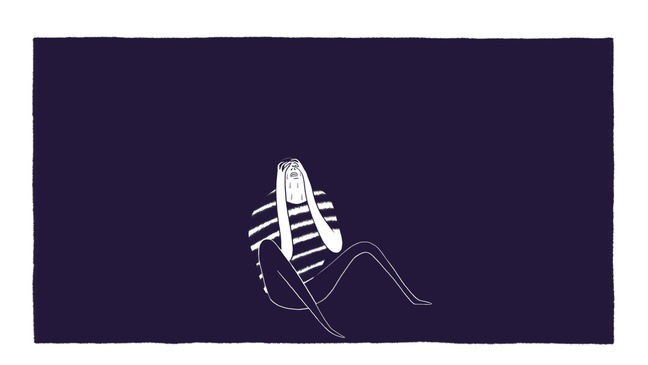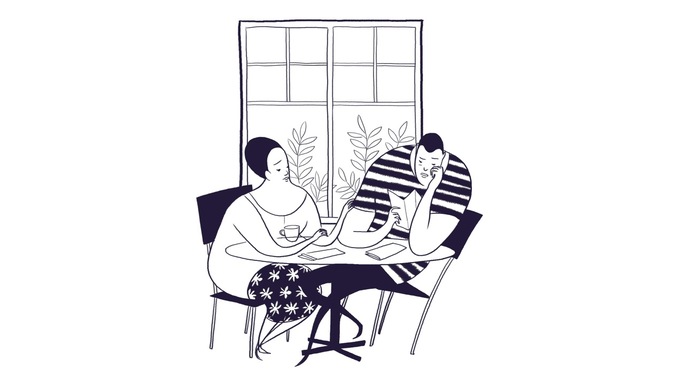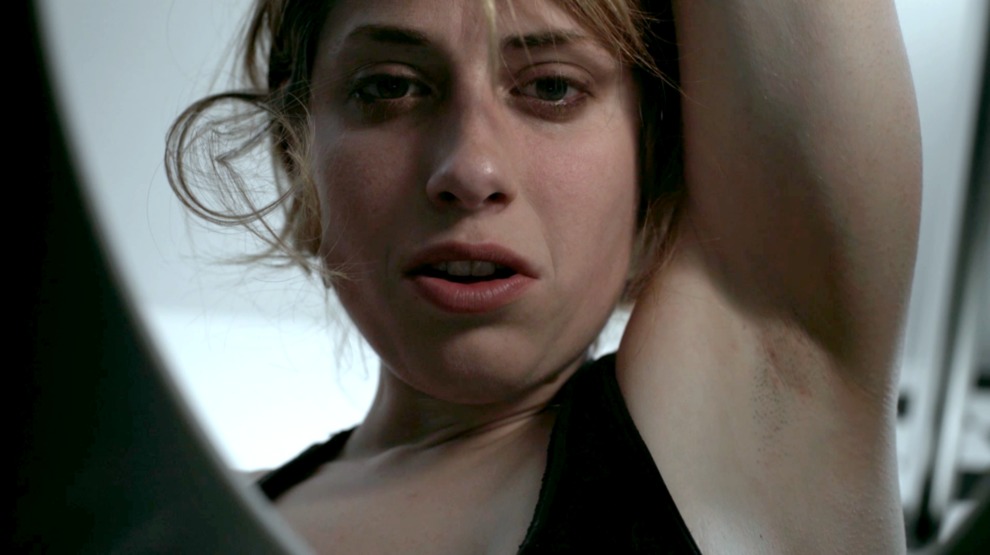Real Success Stories: Our Families Share How CRAFT Helped Their Loved Ones with SUD
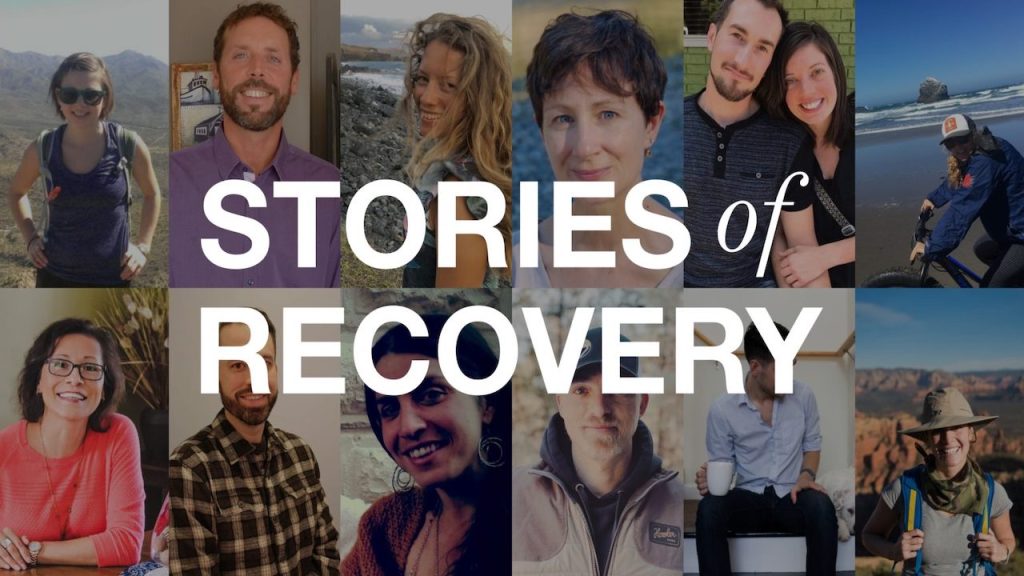
This week we share some stories from our members at Allies in Recovery. Many write in to our Q&A blog for help, and others send us “kudos” and thank you letters. We think you’ll get insight and hope from reading success stories as told by REAL families using the CRAFT approach we teach at Allies.
Community Reinforcement and Family Training (CRAFT) works: a loved one with SUD is more than twice as likely to enter treatment, and 3-4 times more likely to stay in treatment and recovery; 70% of families are able to engage a loved one into treatment, and 80-90% percent say their relationship with a loved one with SUD is greatly improved, and their own stress levels greatly reduced. You can also visit our homepage to read more Q&A blogs with real stories from our site members.
CRAFT FAMILY STORY #1: Learning how to and when to engage into treatment
This story brings the basic steps of the CRAFT method into sharp focus with an account of their loved one’s progress. Behind-the-scenes work, patience, and a willingness to communicate in a new way paved the way for new possibilities. Their loved one is engaged and happy and has newfound purpose in his life.
I’m afraid to write this for fear of “jinxing” our situation, but this site helped spark monumental changes in my family, and we are all so thankful to Allies in Recovery. I have been seeking help for over a decade. My son simply could not function in the outside world with his pot addiction and binge drinking. I know people who function well on perpetual pot, but it had a huge effect on my adult son.
Here’s how our lives transpired when I found this website. I followed the videos and cut down on my negative talk and waited for a “wish” or a “dip.” I prepared what I would say when it came using the suggested template [from the Allies eLearning Module]. I found a treatment center that I thought would resonate with him. I called them and let them know we were interested. I also asked them for tips on how to talk to my son. I knew it would not take long because he already had a lot of wishful thinking, though I was prepared to go 6-8 weeks. When the “dip” came in one week, I took a deep breath, followed my template, and my son agreed to look at the recovery center’s website. Within 2 minutes my son said that he wanted to go.
My son is now in his 5th week of outpatient treatment. He loves the treatment center and says it is the most meaningful thing that has ever happened to him. He is helping others. I am filled with optimism.
I am so grateful to Allies in Recovery. Of course, a huge part of this change in direction was that my son was ready. I knew that the window when he would agree to go to treatment would be very small and Allies helped me jump on it when he was ready. My son does not even remember the day he agreed.
The hardest part for me was waiting for my son to be ready – and of course the many relapses – and the 4 hospital stays for alcohol binges, and so much more. But waiting for them to be ready is excruciating. My heart goes out to other parents and people trying to get off their substances of choice. May you find help.
STORY #2: Another Allies site member replies to this success story with heartwarming updates on her loved one’s progress…
That is wonderful news. I am so happy for you – and yes, I know the feeling of not wanting to jinx anything. Allies in Recovery has really helped me to be the best advocate for my daughter who is also thrilled with her new life.
Like your son, she found engaging treatment in a good place to be a godsend. She was also “ready.” It did take us a year of practicing CRAFT before she really wanted change. After her 7 weeks of treatment she moved into a sober house with others from her recovery center. The community is strong and they help each other every day with tremendous success.
Last night she came to dinner with the family and said it was day 109 of sobriety and she has never been happier with herself and her life. Continued best wishes for your son’s recovery. It’s a gift for the whole family.
Dominique replies: You guys make it sound easy! CRAFT provides the framework. It teaches you to look for openings, which we call “wishes” and “dips” (it makes my geeky-CRAFT self so happy to see how you used the language: “a wish or a dip” in your story.) Watching our CRAFT-based eLearning Modules is so important to seeing the big picture more clearly.
We celebrate the success you have shared with us. And we so appreciate the account you gave of what you did. This really is a beautiful “primer” for using CRAFT – an easily digestible summary. It highlights the essential changes we need to embrace as family members, and the awareness we need to cultivate. Thank you for writing this up, and for sharing it with us. It warms our hearts to hear how happy your loved ones are now that they are experiencing new dimensions and possibility in their lives.
CRAFT works. This site works. It has given you a gift. It has given us a gift to read this. May all your loved ones find recovery; may all of you find the hope and success that CRAFT can provide.
Here are some more stories from our AlliesinRecovery.net members – we know you’ll find them insightful, and maybe you’ll be inspired to try the CRAFT approach too.
STORY #3: CRAFT, a Recovery house, and Moving Forward
Fingers crossed, prayers said; my son too has made remarkable strides this year and I am thankful for the support and tips and learning the CRAFT method. I prepared as well by finding a treatment center that used the CRAFT method and in my son’s case waited for the consequences (legal) to use as leverage-i.e. when his case finally came to court they would look more favorably on him if he had voluntarily already gone to treatment. I hoped they would and they did-he is on 5 years’ probation instead of possible jail or prison time which I feared would only alienate him further.
Anyway was in treatment for 60 days- a very good sober house (many are not good-choose carefully) combined with a therapy center that specializes in addictions. He came home afterward is working full time, testing this month for electricians’ apprenticeship. He got engaged over the holidays and he and his fiancé are expecting our first grandchild in May. The two new parents-to-be are living with us – we have a big house and it works and preparing for their new roles.
Recovery is an ongoing process for all of us as we let go of the past and look with hope to the future. Day by day we grow stronger and healthier together. I could have never predicted all the joys coming our way after so many hard confusing years. I am so thankful for this site and the ways it helped me walk through the dark times with hope and a road map out.
Story #4: My Daughter is Back – by following the CRAFT modules and blogs on this site, along with help from Dominique and her team I am happy to say that my family is flourishing:
My 24-year-old daughter had been involved with drugs for 2 years. In that time, she had OD’d twice from Heroin, (although this was not her drug of choice) Cocaine was her drug. She became addicted to Cocaine most recently by injecting.
I followed CRAFT, paid out of pocket (there were no in network providers available for months) for addiction therapist and psychiatrist whom she sees monthly now. She was diagnosed with ADD, put on meds for that, which greatly helped her get through her Cocaine withdrawal at home with us. She has been in recovery for 4 plus months. My daughter is back.
She is the loving, caring child we raised. Back in school, working 30 plus hours and attending family functions. She is super excited for the holidays and tells us every day how thankful she is for us (her parents) for sticking by her and not giving up on her. Her therapist told us that my daughter had felt so bad for all she had been putting us through, and that is something she rarely hears from her addicted patients. She said our continued love and support was what helped my daughter the most. Thank you, Dominique, and CRAFT. We are so so blessed.
Story #5: Recovery from heroin use: How CRAFT helped this mother and daughter “bridge the gap” and stay connected
My daughter has been struggling with Heroin addiction for some time. She first went to treatment when she was 16 and she has been to treatment probably another 20 times since then. We went through all the phases of coming to terms with her disease. We had been to hell and back but with every rehab we learned a bit more and we adjusted our approach. We held our boundaries and applied the tough love approach. About two years ago she was in detox and didn’t receive proper care. She ended up throwing up in her sleep and aspirated vomit into her lungs. She was too overly medicated to wake up. She ended up in the ICU for 10 weeks and she almost died several times. It was the most stressful time for our family. She managed to come through and we felt maybe this was god’s way of helping her stop the drugs. She managed to regain her strength. Learned how to walk again and went to rehab. She returned home and got a job and really started to rebuild her life.
After 8 months of sobriety, she relapsed and this time we didn’t feel we would get her back. For four months she was hitting it hard. She was homeless and very sick and living 6 hours from us. This is when we started using CRAFT [with Allies in Recovery]. We kept in contact instead of blocking her number. We looked for times we felt she was open to hearing about rehab again. We kept the lines of communication open as much as you can with someone who is homeless.
One late night she called crying to say she had been [assaulted] and could I get her a room because she had nowhere to sleep. I got the room for her and made plans to drive to see her. When I got there, she still wasn’t ready to get help so I left her alone and told her to think about it. That night she was [assaulted] again and I went to pick her up and take her to hospital. She still didn’t want help. I took her to my hotel and told her I would be leaving in the morning and if she wanted help, I would get her help. I was not very hopeful but in the morning she said yes. I took her to detox and that started her journey back to the living. She went to rehab again and slowly rebuilt her life. She has 5 months sober now and has a good job and is even planning for her future. Looking at college and becoming a nurse.
We really have done and seen it all, but CRAFT was the first time we were able to bridge the gap between tough love and keeping in contact. My daughter says I saved her life, and she seems really grateful and is in a good place. She is buying our old car from us and making payments. She is helpful around the house and just really has a good outlook on things. I hope this is a start for a better life, but we will always be on guard for relapses in the future.
Story #6: Recovering from Opiate Use Disorder After a Sprained Ankle: How CRAFT helped her help her son
I came to find CRAFT and Allies in Recovery late last year. My son has been struggling with an opiate addiction ever since he suffered a badly sprained ankle playing basketball in high school. We were oblivious for years. It came to my attention 3 years ago and I have dropped everything to help him and fortunately have been blessed with the resources to do this. CRAFT wasn’t one of them until late last year though my research was trending in that direction.
I noticed that the things I did before that resemble things, I see CRAFT espouses, now, were the ones that seemed to create a connection with my son and make things seem tenable, simpler, and easier. I’m learning, increasingly, the necessities and the unnecessary so that I may eliminate the unnecessary. I have learned to listen for signals and to eliminate the noise. The unnecessary is noise. More variables mean less signal as to things that are working. This process might be slower, yet I believe it leads to a stronger signal of love, joy and less noise. My son and I have a stronger connection each day as long as I follow certain principles, I believe CRAFT captures more than any other program you might find in one place.
…My son just got a better job with an owner of the business that is in recovery. He will have to quit or cut back the hours in his present work. He has been helping me sell our other children’s stuff they left behind when they went to college on eBay and Facebook Marketplace, and we’ve been splitting the money 50/50. I’ve been drug testing him since he relapses and was kicked out of sober living and back home. I’ve learned to tell him that the test results don’t matter that it’s a process and I just need the information. He tested negative for the opiates and oxy and positive for the Suboxone that outpatient treatment has him on.
Story #7: Celebrating Positive Steps: A report of some wins after a few months of laying the groundwork, CRAFT-style. Read on for an inspiring account of positive steps in the right direction…
“I wanted to share some updates. Though my son is still using, we had some unexpected wins in the last week or so, which all happened after meeting with his psychiatrist for a med check. Not missing the appointment was a win. His doctor knows about my concerns with his use and how it keeps him from functioning. He asked my son great questions, and for the most part my son was honest, but he wouldn’t admit the connection between his drug use and the struggles he’s having. When his doctor asked him about his relationship with us, my son told him, “It’s good when I’m not using, but they’re hostile when I do use”. I guess he is feeling the effects of CRAFT (even though our hostility emerges very seldom now).
Eventually, his doctor told him that only he, my son, can determine if he’s using too much, but that he needs to be vigilant to make sure it’s not affecting his relationship with his family and getting in the way of his goals to graduate, etc. Later that day, my son missed his drum lessons for the second week in a row because he was hanging out with his friends. He loves his drum teacher and I know he felt bad about it.
THEN, later that week he stayed in twice after being asked to go hang out, and he went to school for the first time in a couple of weeks. Once, I actually heard him tell his friend that it was too late to go out and he had school in the morning. He even submitted is university application (now we just need to get him to graduate).
Last Saturday, he was home all day. This was a huge chunk of time that he spent at home and given the other wins earlier in the week, I offered to take him driving as a reward. I haven’t done this before. I enjoyed our time so much and told him I hope we can do it more often, but that I need to feel safe when he’s behind the wheel, and he knows what he needs to do. I think he enjoyed our time together, too.
Saturday evening didn’t turn out so good. He came home very stoned, a few minutes before his midnight curfew, when he gets a call from his other using friend inviting him to go over. He asked me if he could go, I said no, he’s said he’s going to go, I said don’t erase the positive things you’ve built up this week, he says he’s going to go, and I said then don’t come home until you are sober tomorrow. He leaves, I lock the door, and about 20 minutes later I hear him trying to get in the house, but he was locked out. I haven’t had a chance to tell him we don’t want him to come home stoned anymore, like you suggested, and I could tell he was surprised when I told him not to come home – even though he was pretty stoned.
He ended up back at his friends (I tracked him), so I was able to sleep that night. We didn’t see him until the next day. When he came home, he said he tried to get in the night before. I just said maybe you shouldn’t have left. Then he said he was going to call his cousin to see about going to a Super Bowl party later that day. I was hoping all week he would do this because this party would have great kids there and no alcohol or drugs. I stepped away from him for the day thinking this was all talk, but to my surprise, he did go to this party, with his cousin. When he came home, he said he had a good time, but he seemed melancholy. I suspect it’s got to feel awkward reconnecting with kids he’s blown off for his using friends, but I know these kids always ask about him. I expected him to leave to go use, but he stayed home.
He went to school on Monday, and after not hearing from him all day, he came home pretty stoned. On Tuesday, he didn’t go to school. We asked him if we could talk to him about some boundaries (the not coming home stoned thing), but he didn’t want to. That day, he stayed home, spent about 3 hours teaching himself a song on the piano, then left for his drum lesson, which he’d missed the two weeks before, and stayed for dinner before going out with his using friend. He came home on time – not sure if he used or not. We had a huge snowstorm on Wednesday, and he even cleaned the driveway with the snow blower after I asked him to. What???
I’ve written so many times about my frustrations with him, that I wanted to share some very unexpected wins we’ve had. These are behaviors we haven’t seen for a very, very long time. We aren’t in the clear, and I know patience is key, but it’s so nice to finally see a glimmer of hope. Thank you, Allies in Recovery, CRAFT, and this entire community. I’ve read so many of the blog postings and recognize so many of the challenges of living with a Loved One who uses. I’m hesitant to be too optimistic, but I do continue to be hopeful. Approaching my loved one’s use with CRAFT has had such an impact on me. It’s lightened the burden of living with my son’s SUD and is helping me rebuild my life and my relationship with my son.
But I must say, I couldn’t do CRAFT effectively without the support of Allies in Recovery. Allies is what’s helped me see how to apply CRAFT in my situation. Allies has provided me clarity, strength and encouragement. Allies has kept me from reacting and helps me to think strategically about how to best support my son. Allies in Recovery is making a HUGE DIFFERENCE and I can’t thank you enough.”
Story #8: A letter from the Netherlands: CRAFT helps her feel supported
A message from the Netherlands. I am an independent mother with a sweet but very addicted son of 28 years old who lives with me regularly because of the circumstances surrounding his addiction. For years I felt alone in this heavy trial and error process and hoped that from love and life and my reaction from the heart would be good. There was support from Al Anon, had a lot of help from psychological help but insufficient experience with addiction problems.
I have been a member of AlliesinRecovery.net for 3 weeks now and immediately notice that it works. I feel much more powerful and less insecure. No longer alone and well supported. Now 3 weeks since long difficult years, I am amazed and almost dare not believe that this will continue and help. Big thanks for your great work! It is a great gift for me and my son. All I can give back is where I can, whenever possible or necessary, I will work, collaborate and support others in recovery.

